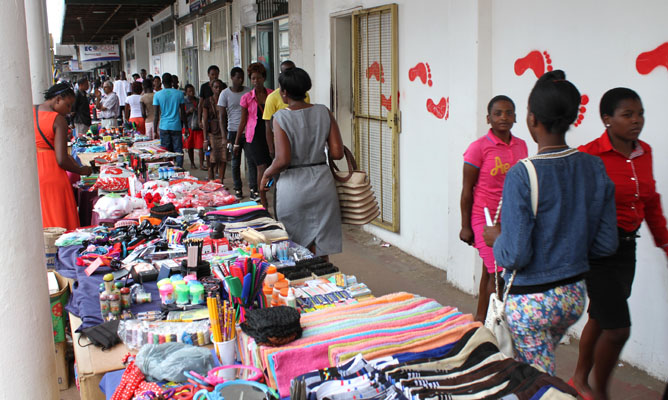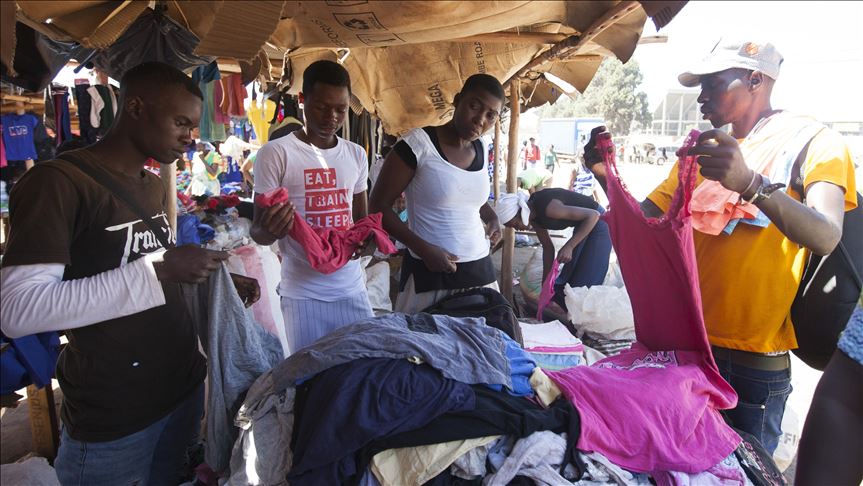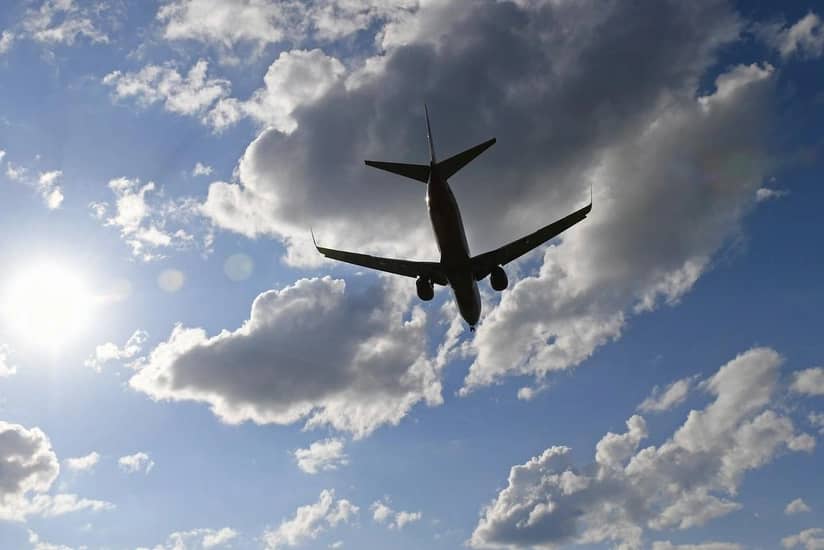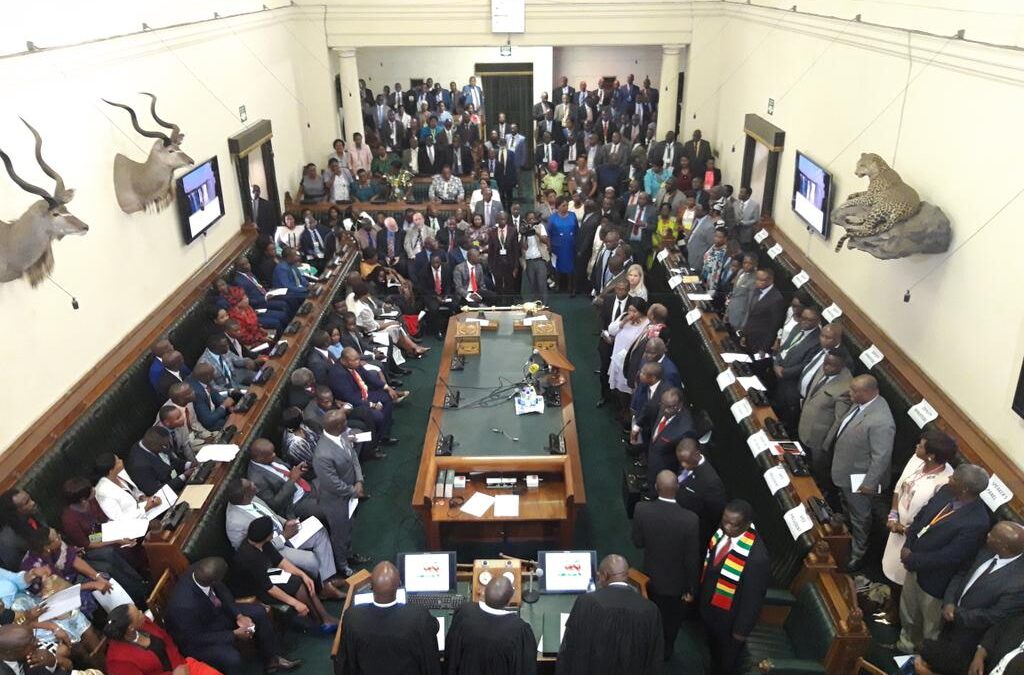Takudzwa Changadeya
The ban on the importation of second-hand clothes will drive citizens who survive on buying and selling the clothes into poverty as their line of trade is now being prohibited.
The majority of unemployed people were now relying on selling second-hand clothes as it was among the most lucrative informal business to venture in.
The high cost of clothes in formal boutiques drive people into buying second-hand clothes from Mupedza Nhamo Market, Coca Cola flea market, and other sites across the country, giving a lifeline to those in that trade.
Even the majority of people who were reallying on used clothes for their personal clothing have been greatly affected. The price of clothes in formal shops match the salaries of most people in the country’s workforce. Without used clothes people will struggle to buy descent clothing.
The ban means that hundreds of people will be left with no means to generate income. The Government alleged that the ban was motivated by the need to contain the spreading of coronavirus in the country. Modern research has however noted that fabrics are less likely to transmit coronavirus from one person to the other.
According to Johns Hopkins Coronavirus Resource Centre based in the United States of America, coronavirus can last for hours or days on surfaces like cardboard, stainless steel, and plastic. The researchers have no information about the survival of the virus on fabrics. This indicates that the virus is not good at surviving on soft materials like fabric, hence there is no scientific proof to back the motive behind the government’s move to ban imported clothes.

In an interview with State of The Nation news, the Permanent Secretary in the Ministry of Information, Publicity and Broadcasting Services Nick Mangwana said the banning of second-hand clothes is not something new, as the law was first introduced in 2016 though it was not strictly enforced.
“The importation of second-hand clothes was banned in 2016, the Statutory Instrument came out in 2016, what did not happen was the actual enforcement of that S.I but the law was in place.
“If we are to getting new a law, we are actually reframing to ensure that it’s effective, ” he said.
The government may need to protect formal boutiques from competing with informal traders. But the move will leave a lot of people in financial vulnerability. Employment opportunities are limited in the country so selling used clothes had become a way of survival for many citizens.
Used clothes were also provided clothing to the majority of Zimbabwean who can nolonger afford to get into Edgars to buy clothes.
The ban will drive a lot of people into abject poverty. Their means of survival has been taken away from them. And to buyers, their affordable market for clothes has been closed.
The government should consider lifting the ban to allow people in that line of trade to survive. If containing COVID 19 is the real motive behind this ban, the right move will be to restrict the importation of used clothes until the global numbers of COVID 19 infections decrease, and allow people to trade once the situation is back to normal.





0 Comments